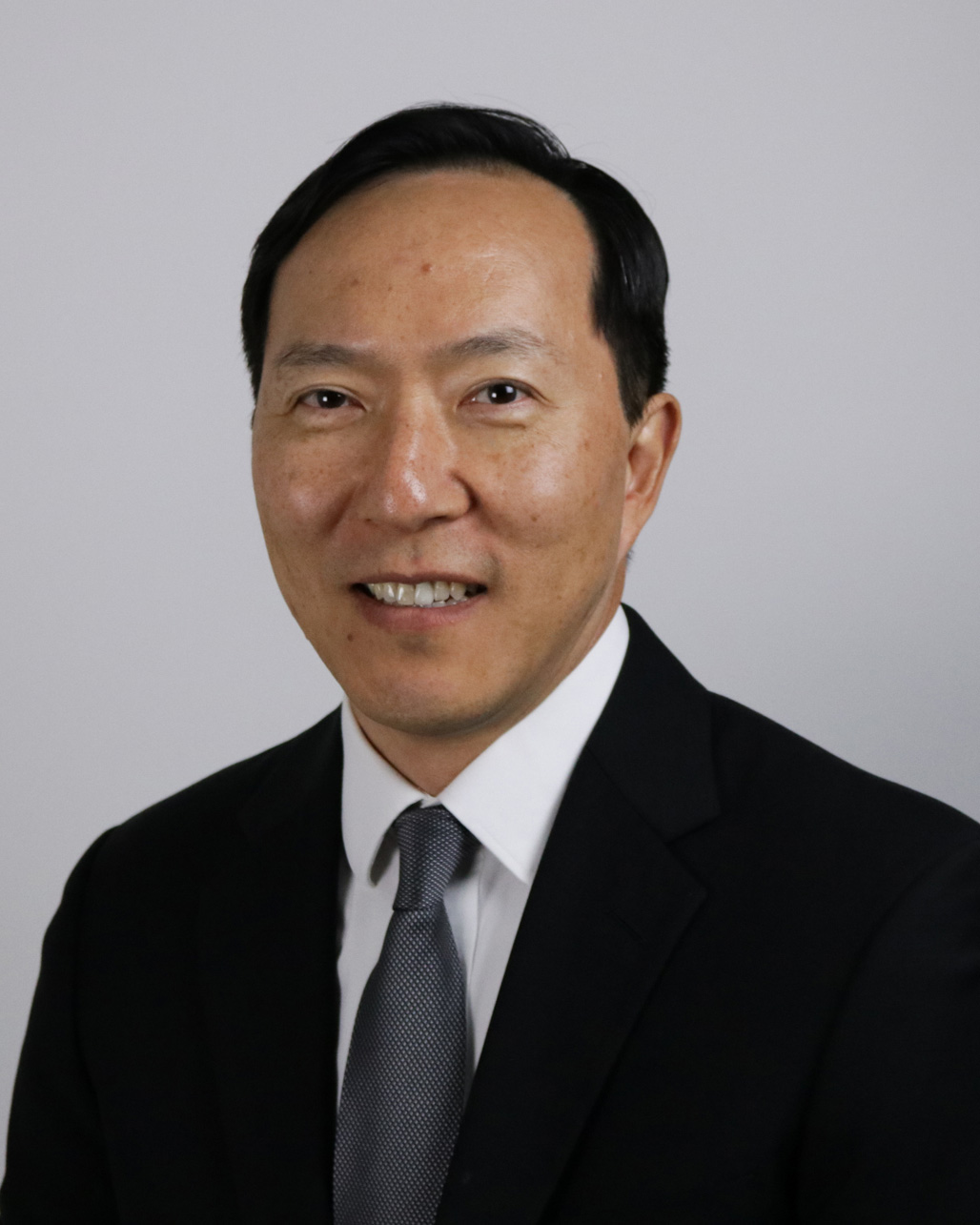Robbins MBA Healthcare Program Keeps Pace with Changing Profession

In this Q&A, Forest Kim explains how the Robbins Healthcare MBA Program prepares students to lead in a rapidly shifting landscape.
 Forest Kim
Forest Kim
Today’s healthcare leaders must navigate an industry that is undergoing a tremendous amount of transformation and upheaval. Baylor’s Healthcare MBA equips them with the right blend of skills and knowledge to lead and manage complex organizations in this environment.
We sat down with Forest Kim, the program director of the Robbins Healthcare MBA Program, to learn more about how the program is preparing today’s students to lead tomorrow.
Can you tell us more about your background?
I’m an Army veteran who grew up in Southern California. I attended UCLA as an undergraduate and majored in Physiological Sciences. During my time in the Army, I was selected to attend the Army-Baylor University Health and Business Administration Program. Up until this point, I had not heard of Baylor University. While attending, I fell in love with Baylor and was drawn to a career in academia.
After earning my PhD in Health Sciences Research from the University of Washington, I went to teach for the Army-Baylor program for close to 10 years in San Antonio. For the past three years, I have served as director of the program. In this capacity, I had the opportunity to interact with faculty and staff on the main campus. It affirmed the high quality of the people at Baylor and the University's commitment to its Christian mission. When I was asked by the founding director of the Robbins Healthcare MBA Program at Baylor, Scott Garner, to join the faculty in 2017, I was eager to join, but had made a two-year commitment to the University of the Incarnate Word, where I had transitioned after my military retirement. Scott graciously said that he would wait. I finally made the move to Baylor in 2019.
What skills do Healthcare MBA students need to master today in order to lead tomorrow?
Solid interpersonal skills will always top the list. Healthcare is a people business, and it always will be. The healthcare leaders of the future will also need to be able to analyze, interpret and present the vast amounts of data that is being collected. Greater applications of machine learning and artificial intelligence is changing the way we deliver healthcare services. Finally, students will also need a great deal of creativity and innovation to solve the challenges before them. As a country, we are spending on healthcare at unsustainable levels, and there has never been a greater need for professionals who can create solutions around access and affordability. Our healthcare system is ripe for disruption, with many sectors currently being upended. We can no longer operate with the mentality of business as usual.
How has the shift towards competency-based education impacted the Robbins MBA Healthcare program?
Our primary goal is to equip our students to add value to their organizations from the first day on the job. Resources like our executive advisory council, which is composed of active and retired healthcare practitioners, help us understand which competencies students need to master to hit the ground running. In response to the growing emphasis on analytical skills, for example, we introduced a data analytics course to help students learn to effectively clean, analyze and visualize data.
Students interested in healthcare administration have an increasingly wide array of options for an MBA. What are some of the strengths of the Robbins MBA Healthcare Program at Baylor? What is its unique offering?
Most of our Healthcare MBA students are new to the healthcare management profession and looking to gain practical experience quickly. We offer one of the few programs in the U.S. with a paid nine-month Administrative Residency with a leading health organization. We have a placement rate of 100 percent, so every student has a guaranteed opportunity to learn from experienced healthcare executives, putting their classroom knowledge to work and developing leadership skills in a real-world setting. We are also the only program in the country that allows students to complete their residency and classroom requirements within 24 months, a major draw for students who are eager to enter the workforce.
Another unique feature is our program is that every cohort of about 20 students includes students from both the traditional Robbins MBA Healthcare Program and our Pre-Clinical Track degree program, which is designed for future doctors, dentists and advanced clinical professionals. This gives healthcare administrators and future clinicians the opportunity to learn from each other and build friendships that extend long past graduation.
What are some common career paths after earning a Healthcare MBA from Baylor?
Traditionally, our graduates went to work in acute care settings. They may become a CEO or COO at a hospital or health system like Baylor Scott & White or HCA Healthcare. While many students follow this trajectory, a growing number are interested in less traditional opportunities. We have expanded our residency program to include more healthcare disruptors, from home health companies to tech companies that offer tech solutions to physicians’ networks or pharmacies. A few examples are AccentCare and Catalyst Health.
What are some of your goals for growing and improving the program over the next 10 years?
I’d like to see more content around innovation. That’s at the top of the list for me. Baylor has a top 10 entrepreneurship program, so there are many opportunities for students to leverage this expertise to help build more creative solutions around affordability and improved patient care. We will also focus on helping our students gain a broader understanding of global health. To that end, we have added a global health immersion trip to the program. This fall, our students will spend a week in Costa Rica to learn about the country’s approach to universal healthcare and population health. Finally, we aim to cultivate stronger ties to practice in the area of research. Fortunately, we already have a solid start through the partnerships we have already built with partners who offer residencies. We are currently working with partners like Kaiser Permanente and Catalyze Health to collaborate on research opportunities.
What is the value of learning about healthcare administration in a Christian environment?
In the past, many people have defined healthcare as the absence of illness. Now, we know how shortsighted that view is. We have a responsibility to look at healthcare through a holistic lens, which aligns perfectly with our Christian mission. We work hard to care for our students’ physical, emotional, mental and spiritual needs throughout the program. Our program also shares Baylor's overall mission in that we are about developing servant leaders in healthcare, with Christ being the ultimate servant leader. This mission inspires and motivates us to do our best every day.
What's Next
Do you aspire to grow or launch a thriving career in healthcare administration? You’re in good company. Click here to read about students who are leveraging the Robbins MBA Healthcare Program to gain a competitive edge or click here for general program information. If you would like to speak to one of our admissions advisors, fill out the form below.